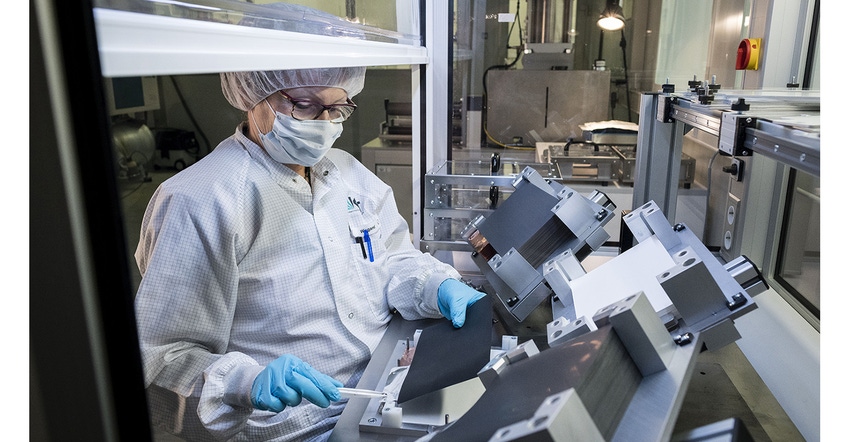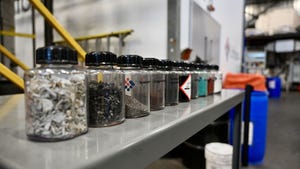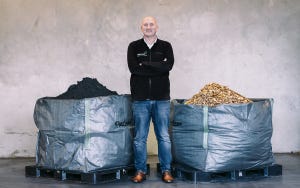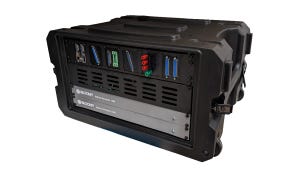Novel process, industry-university team to enable metals recycling for a more sustainable ecosystem.
September 21, 2022

Researchers are eyeing a new way to recycle valuable materials from end-of-life batteries through a holistic, low-energy method as part of a larger strategy by the industry to create a sustainable, closed-loop battery manufacturing eco-system.
A project funded by the European Union (EU) called LiBinfinity focuses on a holistic concept for recycling materials from lithium-ion batteries through a mechanic-hydrometallurgical process aimed at reaching higher recycling rates, researchers said. The aim of the project is eventually to transfer the process from the lab to the manufacturing industry.
Indeed, more than 90% of the resources found in lithium-ion batteries—including materials such as lithium, cobalt, nickel, and manganese—can be recycled, but right now this is not happening in any meaningful way.
And given that these materials are finite, scientists said that recycling will play a key role in the future of the development of electric vehicles (EVs), especially larger vehicles like trucks that have greater power requirements.
“When electrifying trucks, batteries will need so much material that recyclates will not suffice for other applications,” noted Professor Helmut Ehrenberg, head of the Institute for Applied Materials-Energy Storage Systems (IAM-ESS) at Germany's Karlsruhe Institute of Technology (KIT), in a statement. "We will need a closed loop for the batteries proper. This means using the materials of spent batteries for the production of new ones.”
EU-Focused Project
LiBinfinity is comprised of a consortium of organizations led by Licular GmbH, a subsidiary wholly owned by Mercedes-Benz AG. Partners of the project include Licular's parent company Mercedes-Benz, KIT, Daimler Truck AG, Primobius GmbH, SMG group GmbH, Clausthal University of Technology, and Technische Universität Berlin.
As part of the project—which received nearly 17 million euros in finding from the Federal Ministry for Economic Affairs and Climate Action's Battery Ecosystem—the team is building a recycling pilot plant with an annual capacity of 2,500 tons on the Mercedes-Benz site in Kuppenheim. LiBinfinity also is aimed at helping the EU meet proposed battery regulations that are currently being negotiated by the European Commission.
For its part, KIT has been charged with validation of the recycled materials for potential manufacture of new batteries, particularly in terms of cathode materials, which must meet high-performance standards to be reused, researchers said. That's because it's the cathode—the negatively charged electrode of the battery—that largely determines the efficiency, reliability, lifetime, and cost of batteries, researchers said.
Specifically, KIT will conduct studies on the following aspects of the LiBinfinity project: entry control of recycled materials, synthesis of as-new cathode materials, electrode production, manufacture of large-format lithium-ion battery cells of industry quality, cell tests, and evaluation of the battery cells.
Once researchers from the institute have completed their investigation, they will define quality requirements on the type of materials that can be retained for reuse of new, high-quality cells, they said.
Elizabeth Montalbano is a freelance writer, journalist and therapeutic writing mentor with more than 25 years of professional experience. Her areas of expertise include technology, business and culture. Elizabeth previously lived and worked as a full-time journalist in Phoenix, San Francisco and New York City; she currently resides in a village on the southwest coast of Portugal.
About the Author(s)
You May Also Like





